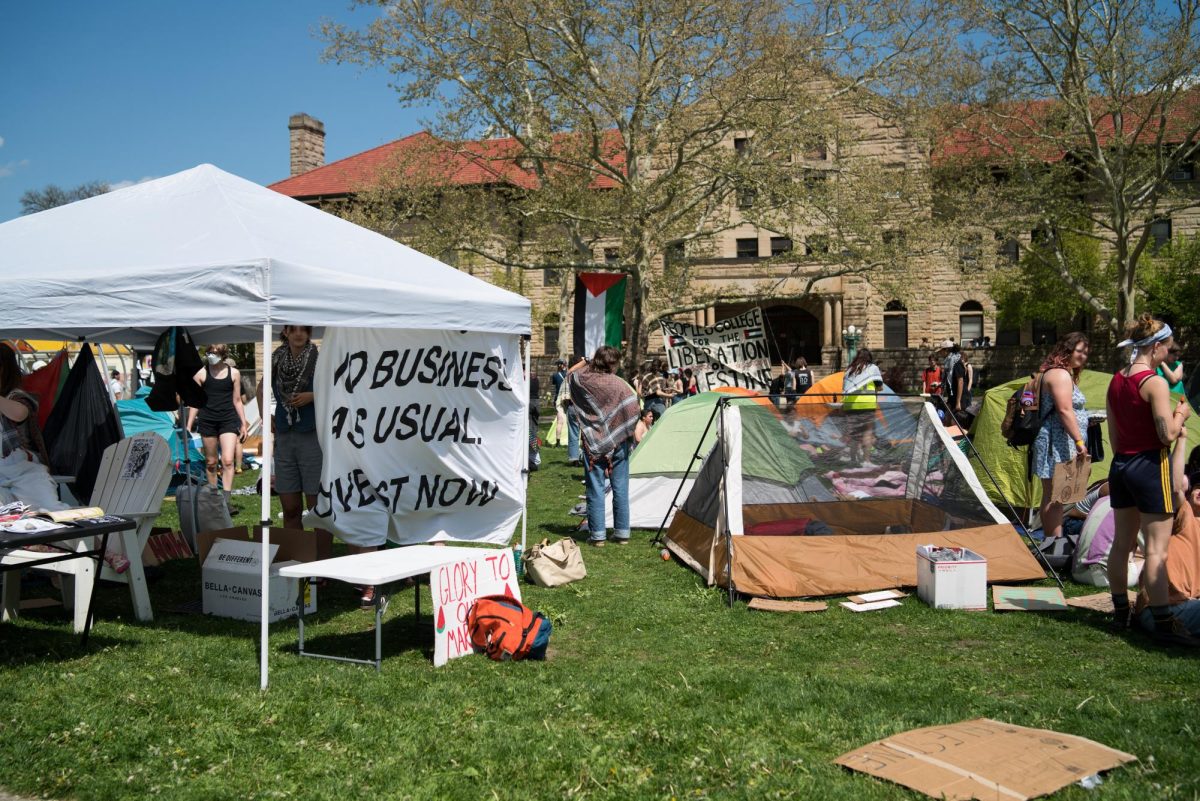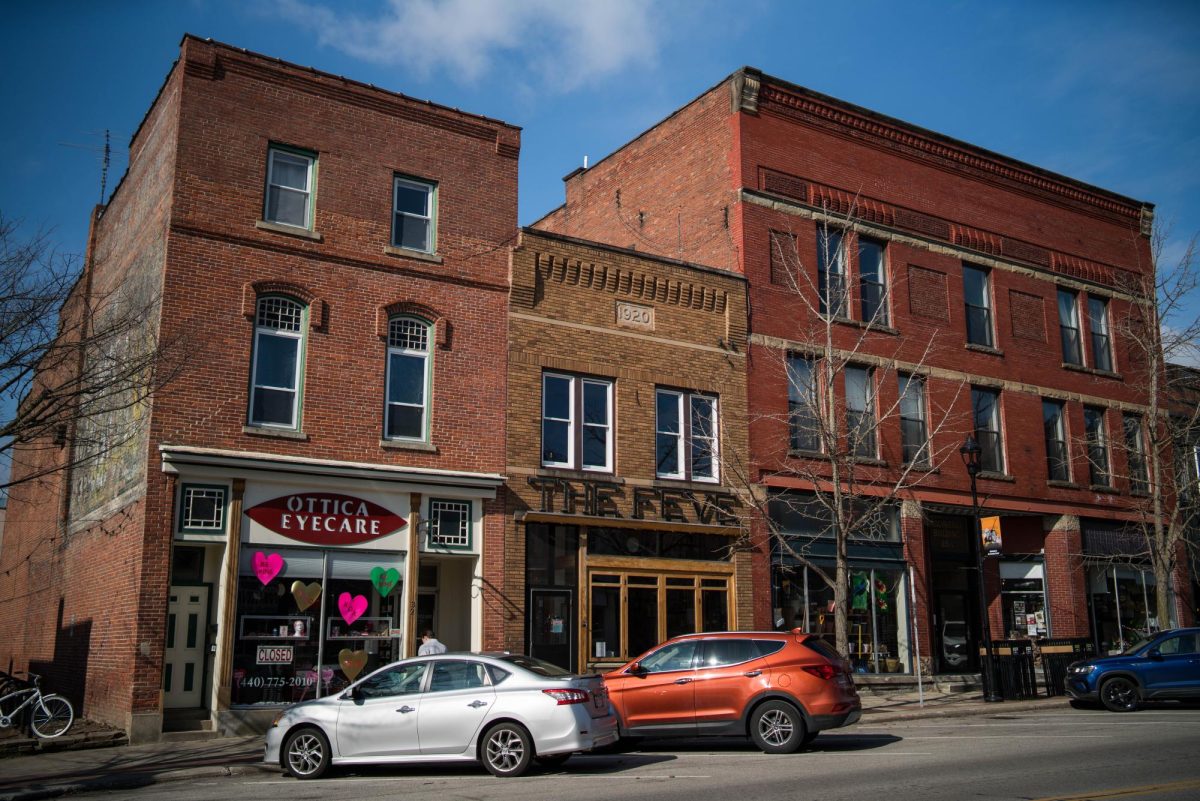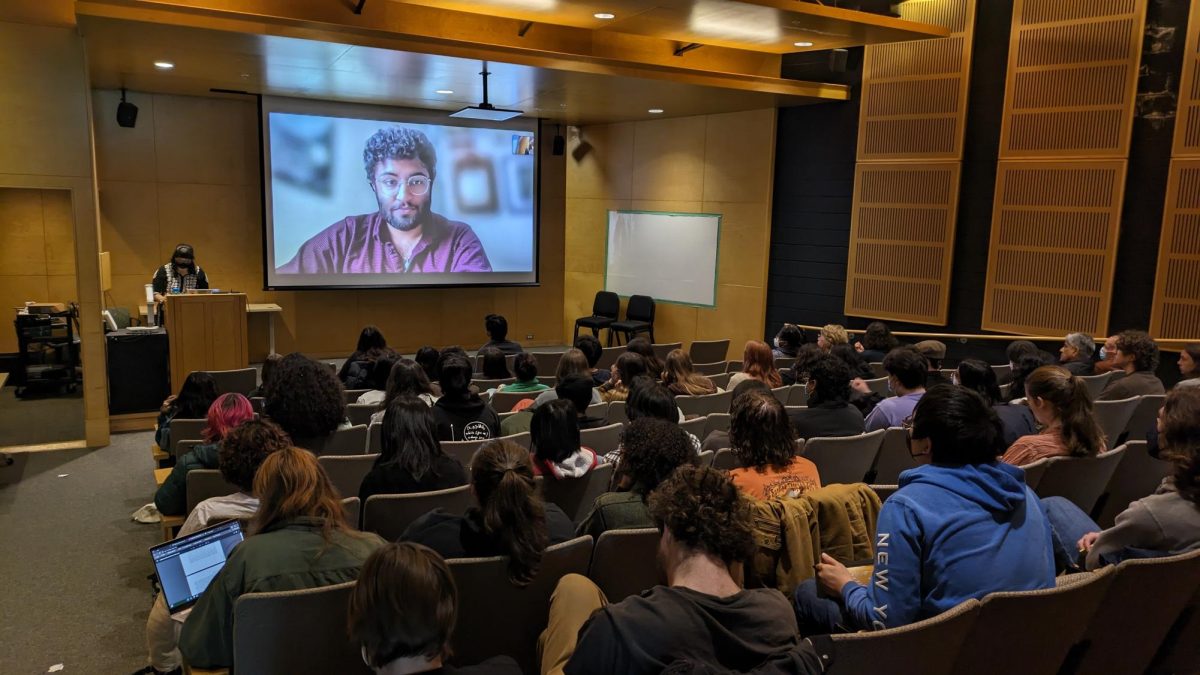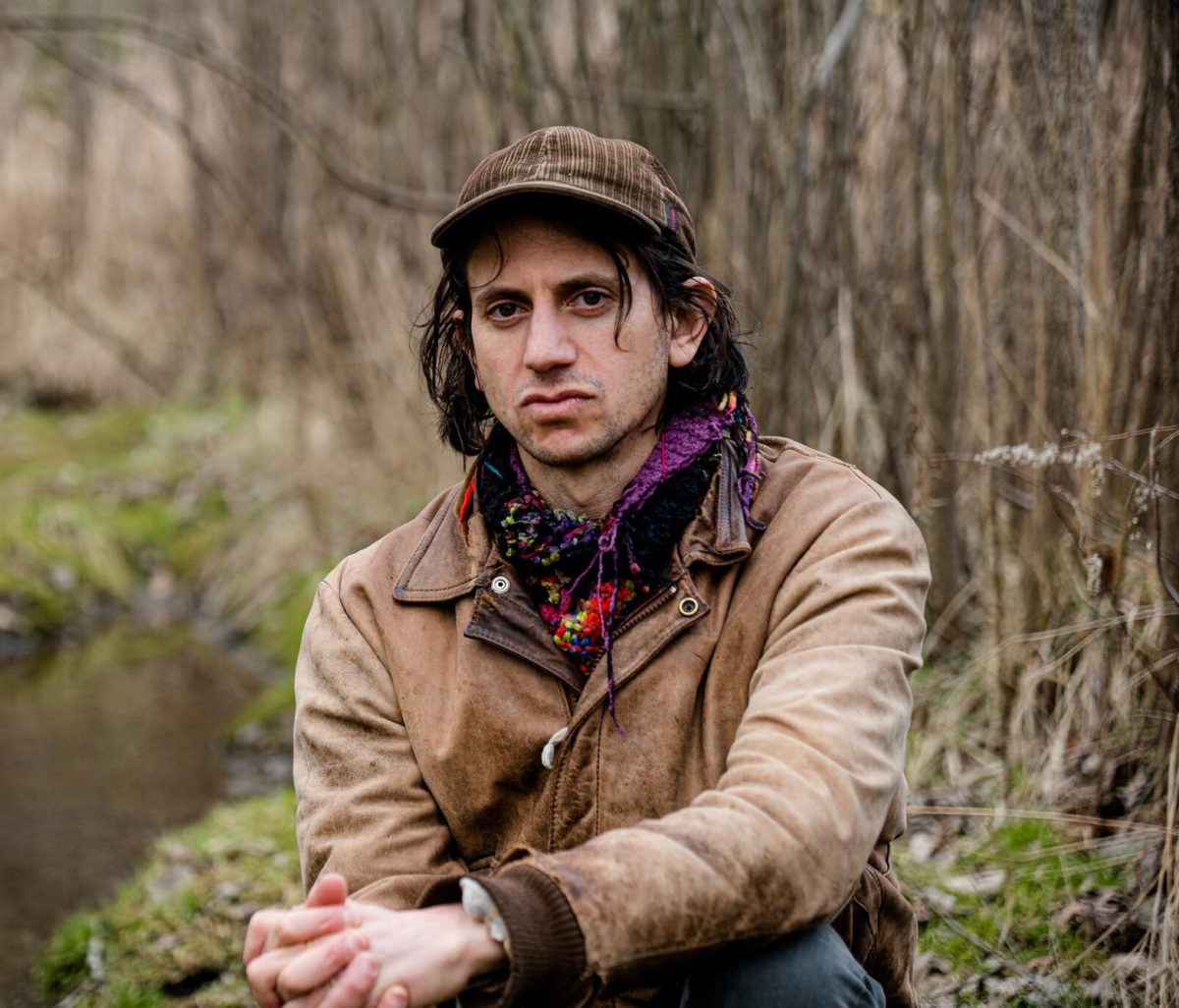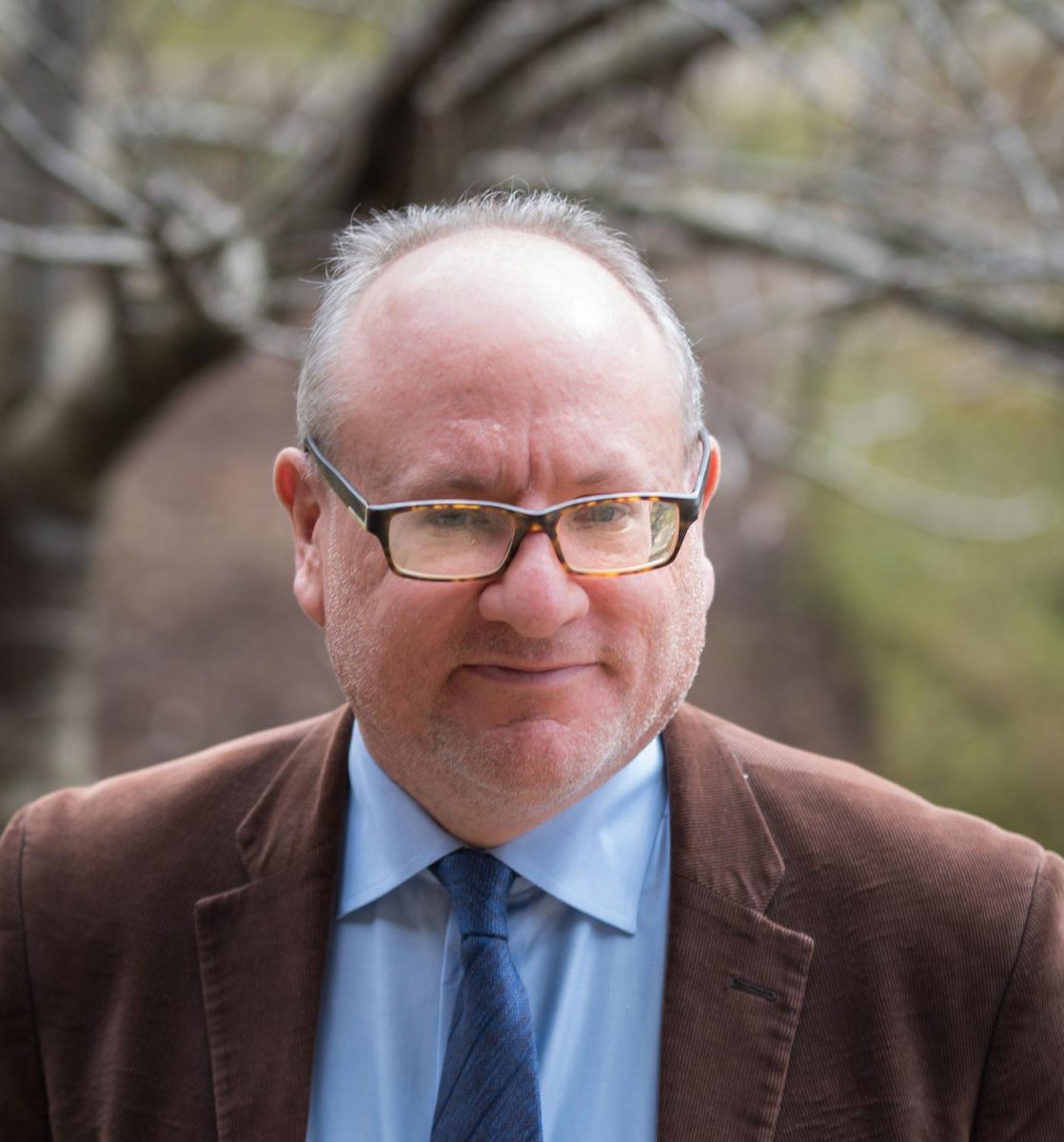On April 10, Bloomberg Philanthropies announced that it had chosen the City of Oberlin to be one of 100 cities worldwide to receive funding through the organization’s Youth Climate Action Fund.
In a press release, the organization said that it would provide technical assistance and $50,000 in initial funding to each city to help plan youth-led climate initiatives within local contexts. The initial $50,000 will be distributed through microgrants organized by each city. Cities that are able to distribute this initial sum within six months will receive an additional $100,000 to distribute over the next year.
The chosen cities are from 38 countries across six continents and include over 62 million residents.
The City of Oberlin has received this initial sum and will be distributing microgrants of between $1,000 and $5,000. Any entity that is engaging young people between the ages of 15–24 can apply for and receive funding. The City has decided not to restrict funding to Oberlin and will allow entities across Lorain County to receive the microgrants. There will be criteria for which projects can be considered.
“One [of the criteria] is that the [projects] that the money is spent [on] have to be youth-led,” Sustainability Coordinator Linda Arbogast said. “It can’t just be a school that has youth in it; it has to be the youth of that school saying, ‘This is what we want to do.’ I think that … we need to educate the community about the projects that fit this criteria.”
The City will be constituting a selection committee to choose proposals to fund.
The impetus for Oberlin being selected came from the City’s participation in the Conference of Parties 2028 summit.
“While we were there, our mayor at the time, Brian Burgess, attended a session for mayors, and Bloomberg Staff announced this program and asked everyone who was participating in the session to write if their city would be interested in participating,” Arbogast said. “So we did that. And then when we returned, we were contacted and [told], ‘Here’s your chance to write … a more significant proposal for this.’ So we did, and we were selected.”
Paul Sears Distinguished Professor of Environmental Studies and Biology John Petersen said that he was concerned about the low amount of funding that the microgrants gave out.
“1,000 bucks is not a lot of money,” Petersen said. “I wouldn’t apply for grants [for] $5,000 because it’s just not worth the effort. It’s just a lot of work for a little bit of money. … Why not make them bigger and more ambitious? Why make them so damn small? Climate change is this massive problem. … Why not allow the students to be a little bit more ambitious on their proposals?”
Despite this, Petersen did say that the experience could still be valuable for applicants.
“The experience it offers [is] of, among other things, writing grant proposals and getting funded for things you want to do,” he said. “It’s not a lot of money you’re getting, but those skills [in] initiating projects, failing, succeeding, learning lessons — all of that is key to developing the skills necessary to sort of take it a step further. … It’s a cool concept to … funnel money to young people at a time when they’re trying to figure out how can we address [climate change] and hopefully, the sort of larger goal of getting students more engaged … which will help [them] build climate solutions and get us where we need to be.”


